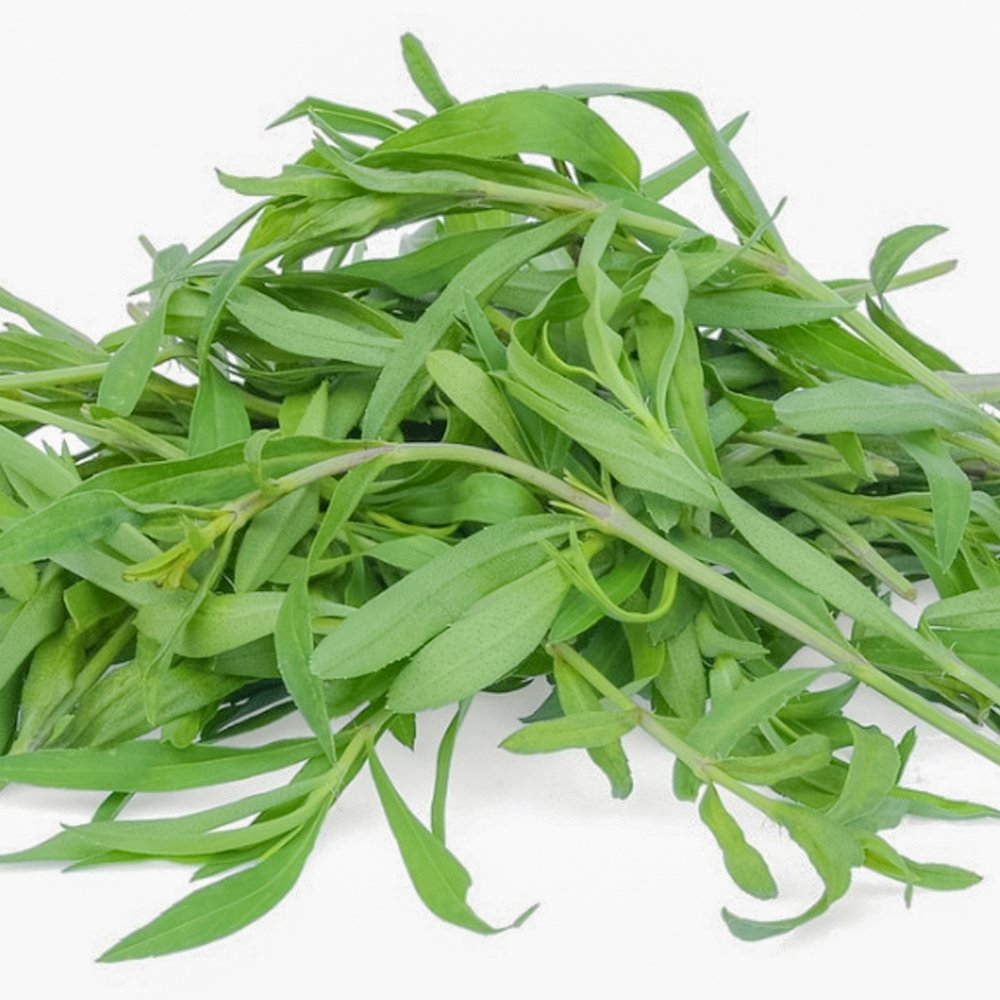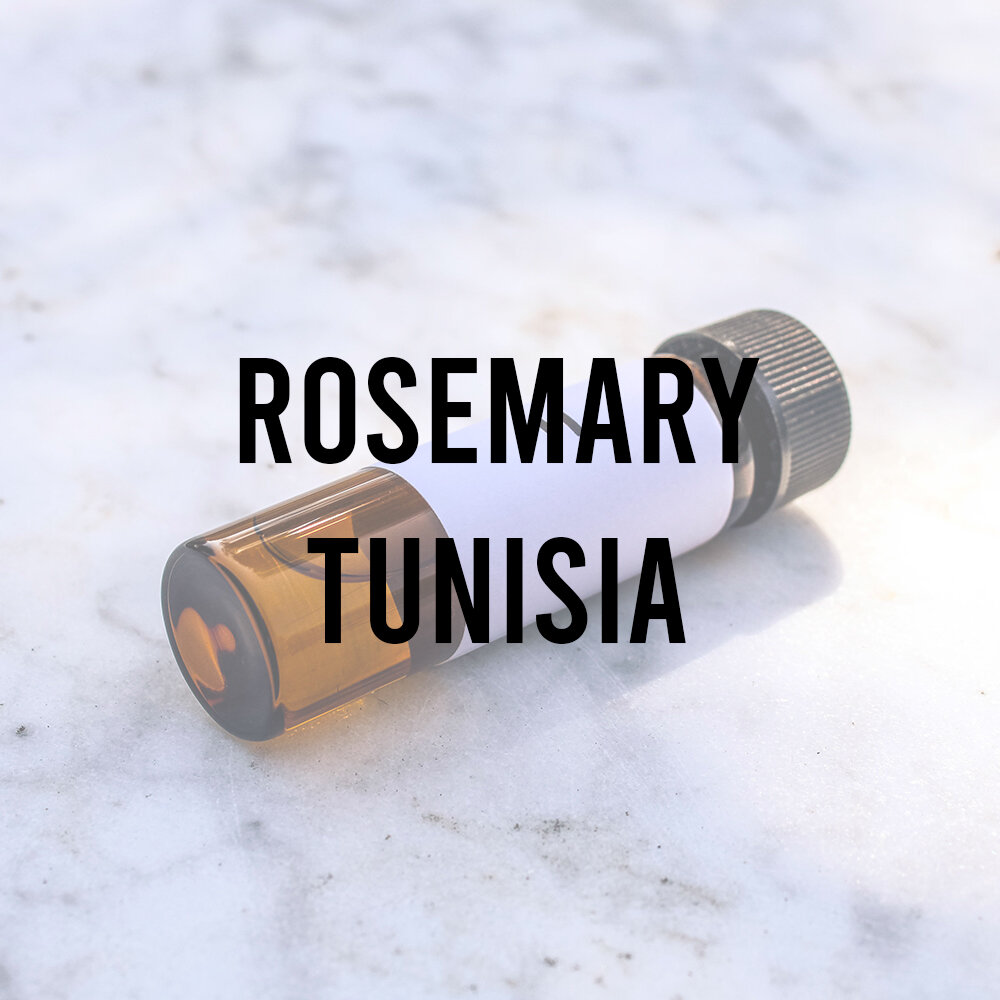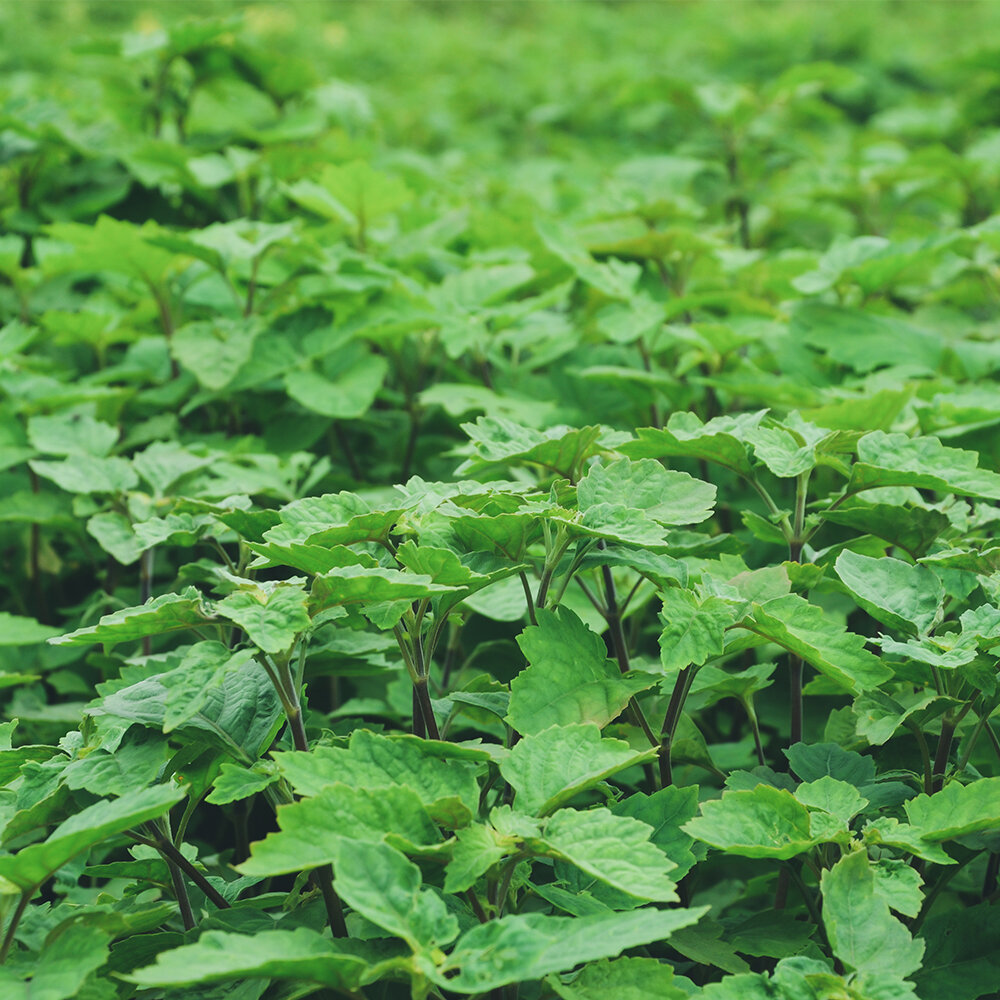Natural Ingredient Overview
🏭 Supplier — Firmenich
🔎 Botanical Name — Artemisia dracunculus
🧪 Synonyms — Tarragon Oil, French Tarragon Essential Oil
🧬 Chemical Formula — Complex mixture (main component: estragole ~65%)
📂 CAS N° — 8016-88-4
📘 FEMA — 3045
⚖️ MW — Not applicable (mixture)
📝 Odor type — Anisic / Green
📈 Odor Strength — Medium
👃🏼 Odor Profile — Leafy, green, sweet-anise, fennel-like, spicy, celery nuance
⚗️ Uses — Used in trace amounts in chypre, fougère, green floral, and lilac accords; flavor use in vinegars and herbal liqueurs
🧴 Appearance — Colorless to pale yellow or greenish-yellow liquid
What is Estragon Oil?
Estragon Oil is a natural essential oil obtained via steam distillation of Artemisia dracunculus, a small aromatic herb in the Asteraceae family. Native to Eurasia and cultivated globally as a culinary herb, tarragon is especially known for its sweet-aniseed flavor and aromatic potency.
The essential oil contains a high proportion (~65%) of estragole (methyl chavicol), responsible for its signature green-anisic note. Unlike harsher artemisia oils (e.g., Artemisia absinthium), Estragon offers a softer, more elegant profile, suited for refined perfumery work in trace amounts.
Its olfactory character is rich in green spice and anise notes, with delicate celery-like facets, making it a flexible yet complex material for use in creative compositions.
Olfactory Profile and Perfumery Applications
Estragon Oil provides a leafy, aniseed-fennel scent, softened by a sweet, green spice nuance and a celery-like freshness. It behaves as a top-to-heart note modifier, able to brighten or contrast deeper notes in classic structures.
It is especially effective in:
Chypre accords (e.g., L’Origan type structures)
Fougères and green floral blends
Lilac and herbal fantasy notes
Layering with galbanum, lavender, vanillin, isoeugenol, methyllonone
Typical dosage is trace to 0.1% in fragrance concentrate.
Adulteration and Authenticity
Due to its limited annual production (just over 1 ton globally), Estragon Oil is often adulterated—primarily with synthetic estragole, pine terpenes, or minor artemisia fractions.
Adulterated oils exhibit:
Shorter life on paper
Excessively clean drydown
Lack of herbaceous undertones
Authentic Estragon should display complexity, lasting sweetness, and a balance between green and spicy notes. Only thorough olfactory and GC analysis can confirm authenticity.
Flavor Applications
In flavoring, Estragon Oil is used as:
A substitute for fresh tarragon in vinegars and pickles
A herbal flavoring in liqueurs, sauces, and meat seasonings
Sweet-spicy taste reminiscent of anise, basil, and celery.
Recommended usage: 0.2–0.5 mg%
Minimum perceptible threshold: 0.06–0.12 mg%
Regulatory and Safety Overview
IFRA: Restricted due to estragole content. Must comply with specific limits based on application category (see IFRA Standards Amendment 51).
EU Allergen Listing: Contains estragole, a listed allergen and suspected carcinogen. Labeling required in cosmetics above 0.01% (leave-on).
FEMA GRAS: Listed under FEMA 3045 with limitations.
ECHA: Estragole is flagged for potential carcinogenicity. Estragon Oil must be assessed as a whole in formulations.
Toxicology: Estragole has shown genotoxicity and hepatocarcinogenicity in animal models. Usage must respect concentration thresholds and safety limits.
⚠️ Use with caution, especially in leave-on products and flavor applications. Consult up-to-date IFRA and EU regulations.
Sources
Arctander, S. Perfume and Flavor Chemicals (1969)
IFRA Standards Documentation
FEMA GRAS Database – FEMA 3045
ECHA Substance Information – Estragole
PubChem CID 8815 – Estragole
Fulvio Ciccolo, Scentspiracy Technical Archive











